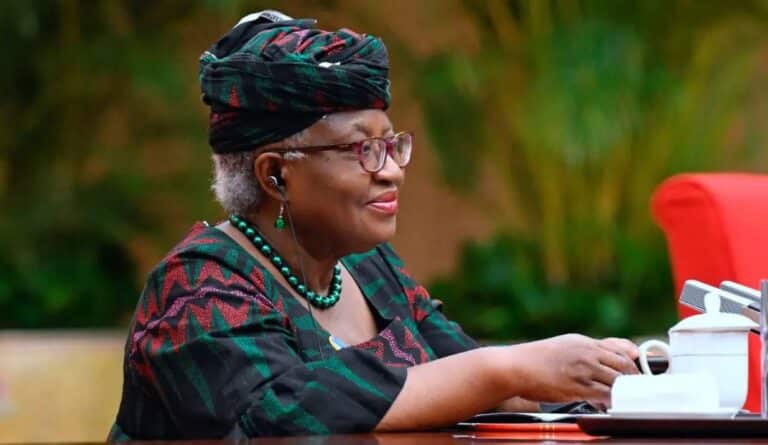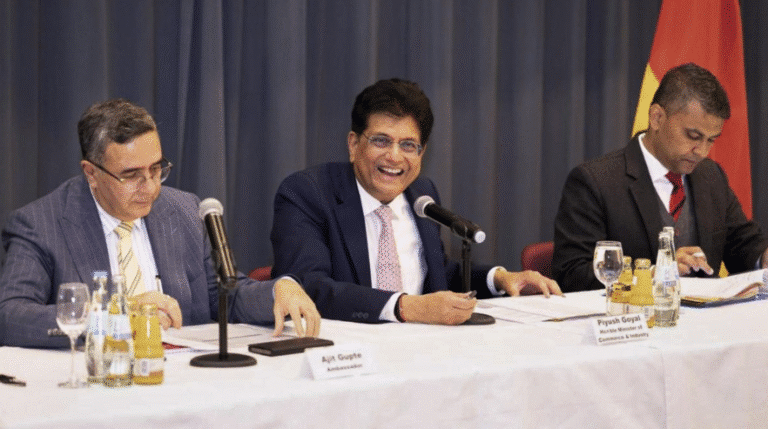
The decline in exports contradicted economists’ expectations of a 0.5% increase, as forecasted in a Reuters poll. Shipments to the United States dropped 11.4% compared to the same period last year, worsening from the 11% decrease recorded in May. Automobile exports to the U.S. tumbled 26.7% in June, further extending the 24.7% decline seen in May
Japan’s exports shrank by 0.5% in June compared to the same month last year, following a 1.7% decline in May — marking the second straight month of contraction. The result surprised economists surveyed by Reuters, who had anticipated a 0.5% increase. The ongoing decline comes amid stalled trade negotiations with the United States.
Shipments to China, Japan’s largest trading partner, dropped by 4.7%, while exports to the U.S. plunged 11.4% year over year — worsening slightly from the 11% fall seen in May.
The disappointing figures come just weeks before a 25% reciprocal tariff on Japanese goods enters into effect on August 1 — a full percentage point higher than the initial 24% announced on “Liberation Day.” U.S. President Donald Trump confirmed earlier Wednesday that the 25% tariff would be enforced, noting he doesn’t foresee a broader trade agreement with Japan.
Marcel Thieliant, head of (APR) at Capital Economics, pointed out that the 11.4% drop in exports to the U.S. is the steepest since the early days of the Covid-19 pandemic in 2020.
In 2023, exports — including services — accounted for nearly 22% of Japan’s GDP, according to World Bank data. The automotive sector is particularly exposed: Japanese auto exports to the U.S., which made up 28.3% of total shipments in 2024, have been hit hard. Since April 3, Japanese vehicles entering the U.S. have faced a 25% tariff.
Automobile exports — including cars, trucks, and buses — to the U.S. declined by 26.7% in June, following a 24.7% drop in May. Thieliant noted that carmakers appear to be slashing prices to maintain market share. While the number of cars exported to the U.S. rose by 4.6% year over year, the total export value plunged 25.3%.
He attributed the drop partly to a stronger yen — since U.S.-bound shipments are priced in dollars — but emphasized that most of the decline stems from manufacturers absorbing nearly the full impact of the 25% U.S. tariff through price cuts.
Economists warn that these additional tariffs could push Japan’s trade-dependent economy into recession. Japan’s GDP contracted in the first quarter, and a second consecutive contraction would meet the definition of a technical recession.
On July 8, Japan’s chief trade negotiator, Ryosei Akazawa, insisted that any trade deal must include concessions on auto exports. He dismissed the U.S.’s August 1 deadline, emphasizing that Japan would not compromise its agricultural sector for a quick agreement.
On July 1, President Trump criticized Japan’s rice import policies, claiming on Truth Social that the country “won’t take our RICE” despite domestic shortages. In 2024, Japan imported just over 350,000 tons of U.S. rice, making America its largest rice supplier.
Takeshi Niinami, a senior economic advisor to Prime Minister Shigeru Ishiba and CEO of Suntory Holdings, suggested Japan may have taken an overly rigid stance in the negotiations. He said Japan initially refused to accept even a 10% tariff, which he believes was a miscalculation that escalated the situation.
“If we had accepted the 10%, we wouldn’t be dealing with a 25% tariff now,” he said on CNBC’s Squawk Box Asia. Niinami advised that Japan should present a willingness to reach a settlement, possibly through easing non-tariff barriers — such as auto safety standards — and agreeing to limited agricultural imports.
He acknowledged, however, that this comes at a politically sensitive time. Japan’s Upper House elections are scheduled for July 20, and recent polling by Nikkei suggests that Prime Minister Ishiba’s coalition may lose its majority. Appearing too open to agricultural imports could alienate farmers — a key voter base for the ruling Liberal Democratic Party.
“Before election day, Japan must demonstrate its intent and openness to strike a deal with the U.S.,” Niinami said.







